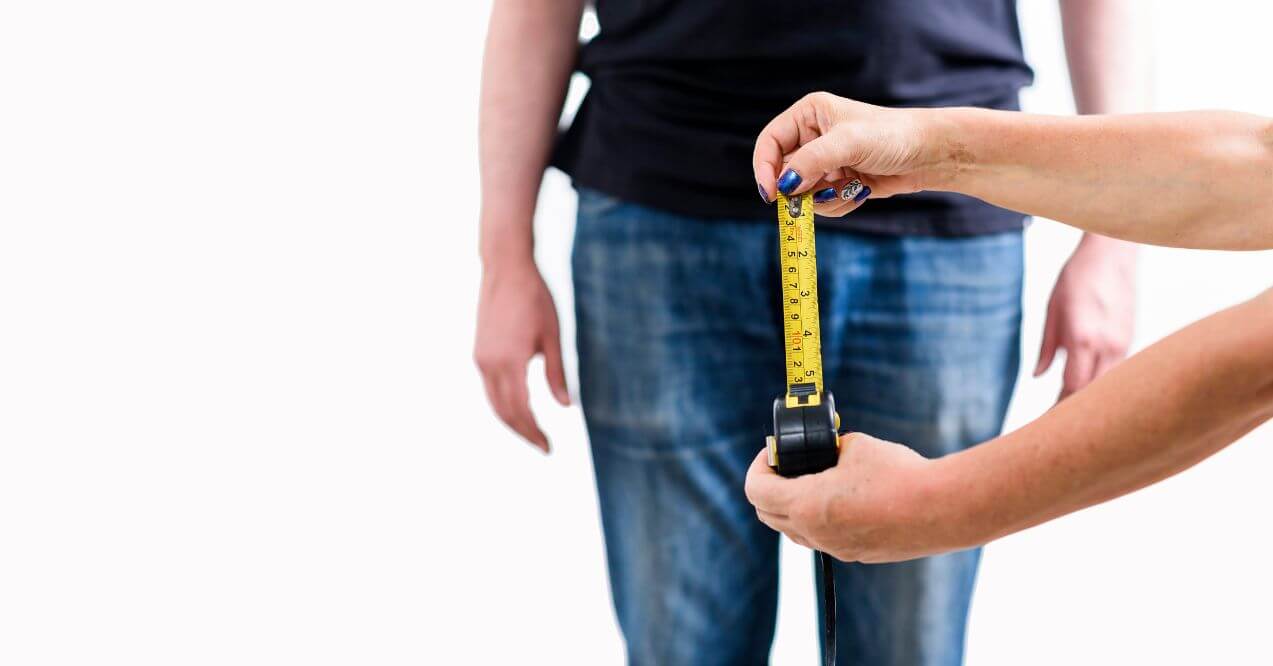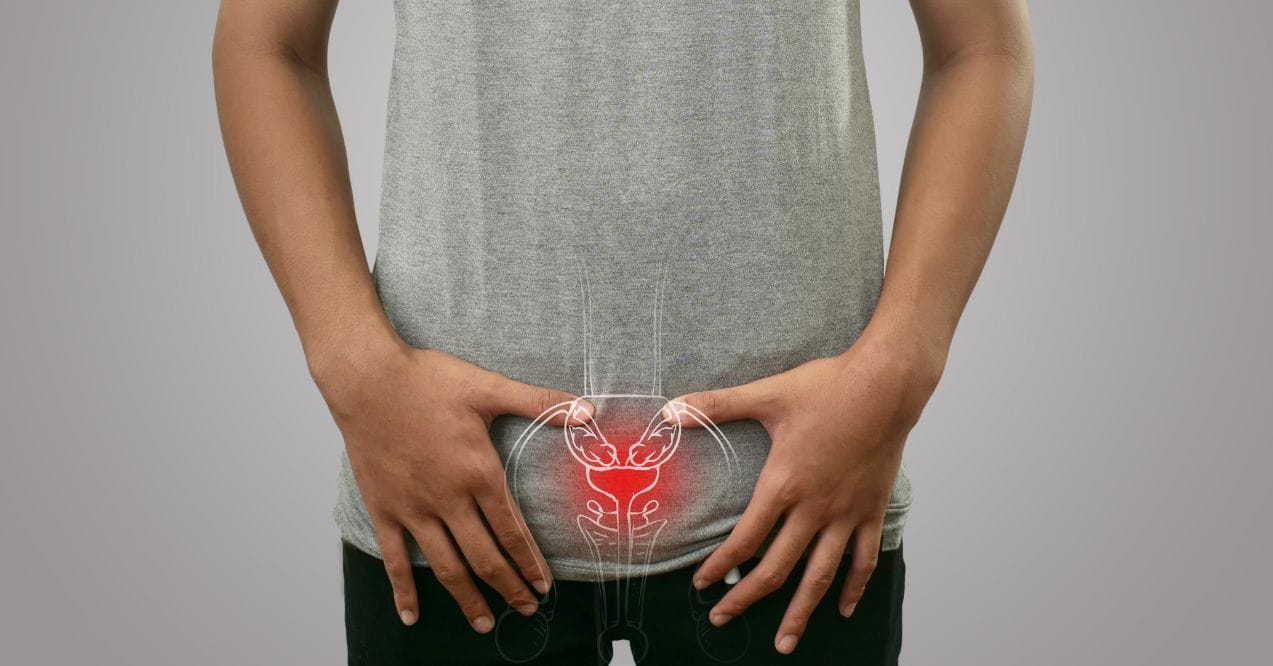Can an Enlarged Prostate Cause ED? The Truth About BPH
Can an enlarged prostate cause ED? Not directly. However, frequent bathroom trips and discomfort may reduce sexual confidence.
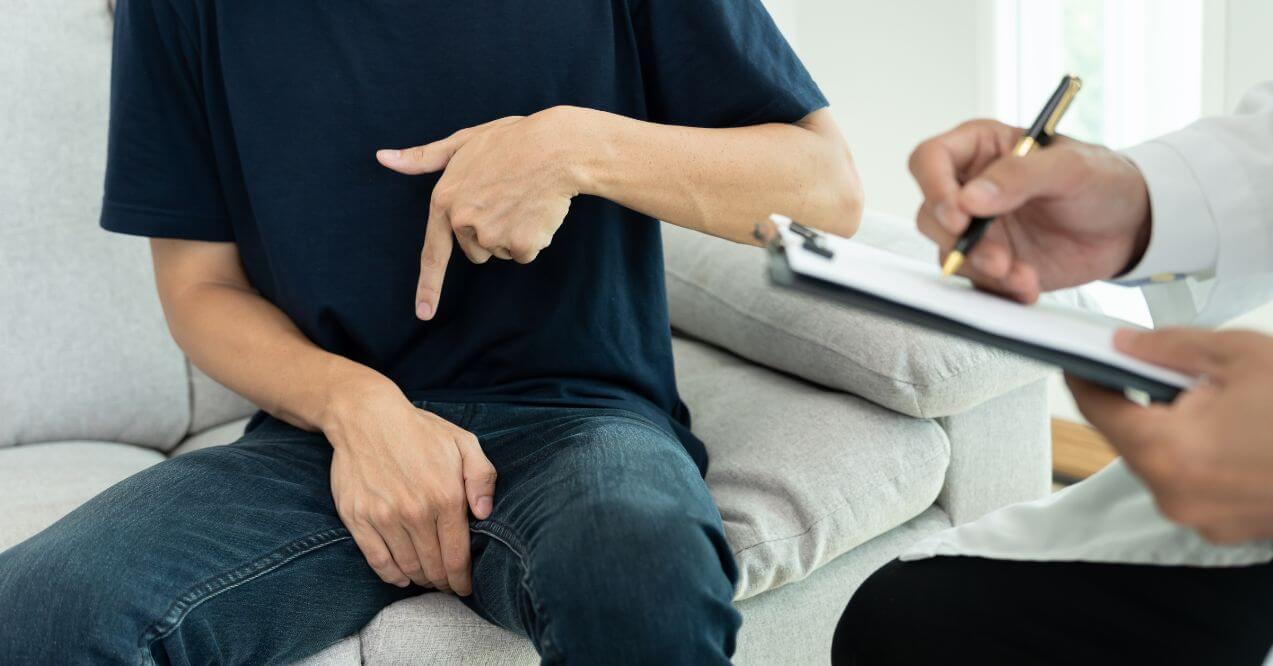

Many men notice changes in both urinary comfort and sexual function as they get older. These shifts often happen around the same time, leading to an important question: can an enlarged prostate cause ED? This article explores the real connection between these two common concerns and shares natural ways to support both areas of health.
What Is an Enlarged Prostate?
An enlarged prostate is a natural change that happens as men age. The prostate gland, which sits below the bladder and surrounds the urethra, gradually grows larger over time. By age 60, about half of men experience prostate enlargement, and this number increases to 90% by age 85.
This growth can affect how urine flows and create new sensations during bathroom visits. The prostate may double or even triple in size from its original walnut-sized dimensions.
Men often notice several changes as their prostate grows:
- More frequent urination, especially at night
- Weaker or interrupted urine stream
- Feeling that the bladder hasn’t completely emptied
- Sudden urges to urinate
- Difficulty starting urination
These changes are extremely common and manageable. The relationship between enlarged prostate and ED isn’t direct, but the two conditions often appear together. Most men find that simple adjustments to their daily routines can make a significant difference in comfort.
What Is ED and Its Common Causes
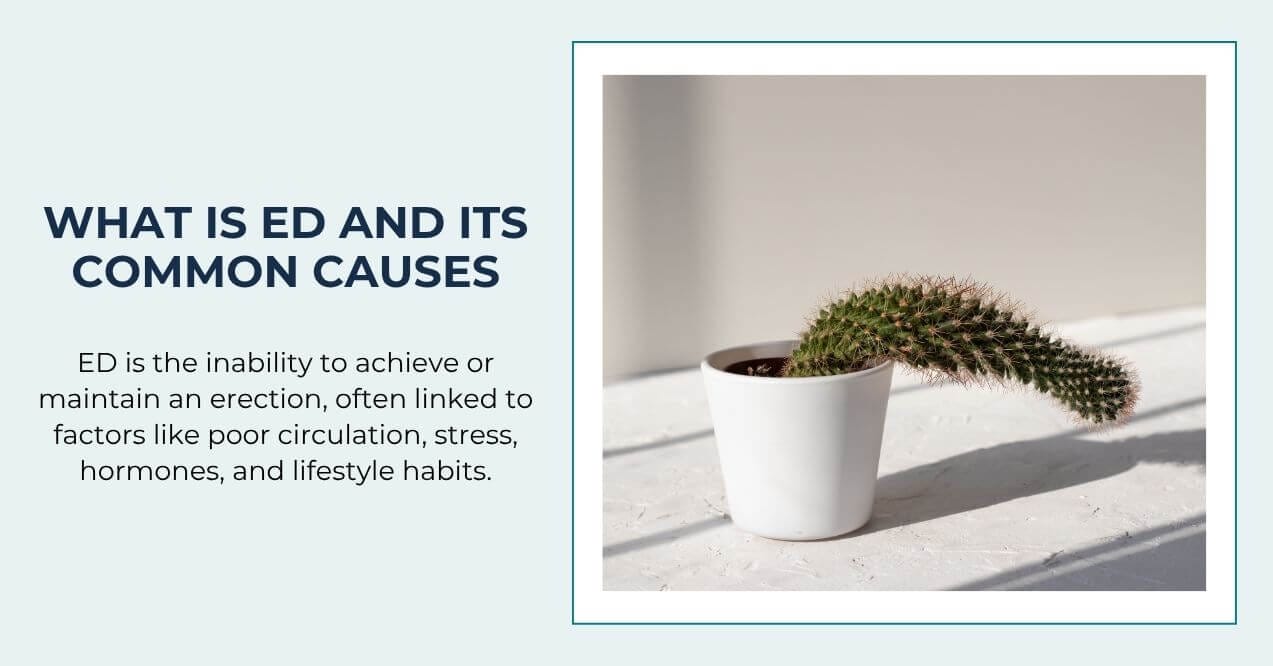
ED refers to difficulty achieving or maintaining an erection firm enough for sexual activity. This challenge can stem from various factors:
- Reduced blood flow to the penis
- Stress and anxiety
- Physical fatigue
- Hormonal changes
- Lifestyle factors
Age plays a role, but ED isn’t an inevitable part of getting older.
The question “can BPH cause impotence” comes up frequently because both issues tend to appear during the same life stage. Studies show that from 36% to 94% of men with moderate to severe urinary symptoms also report some degree of ED. While one doesn’t directly trigger the other, they share some underlying factors.
Poor circulation, stress, and lifestyle habits can influence both conditions. Low testosterone levels, which naturally decline with age, may also play a role in both prostate growth and sexual function.
Many men find that addressing the root causes of ED through lifestyle changes brings noticeable improvements. Physical activity, stress management, and proper nutrition all play important roles. The key is taking a comprehensive approach that supports overall health.
Can an Enlarged Prostate Cause ED? The Connection Explained
An enlarged prostate doesn’t directly cause ED, but it may contribute indirectly through several pathways:
- Physical discomfort from urinary symptoms affects intimacy
- Worry about urgency or potential leakage reduces relaxation
- Frequent nighttime bathroom trips disrupt sleep quality
- Poor sleep affects hormone production and energy levels
- Stress and anxiety impact sexual confidence
The question “does an enlarged prostate affect a man sexually” has a nuanced answer. While the prostate itself doesn’t control erections, the stress and anxiety from urinary symptoms can impact sexual confidence. Many men find that managing their prostate health naturally leads to improvements in their overall intimate life.
How Prostate Procedures Can Influence Sexual Function
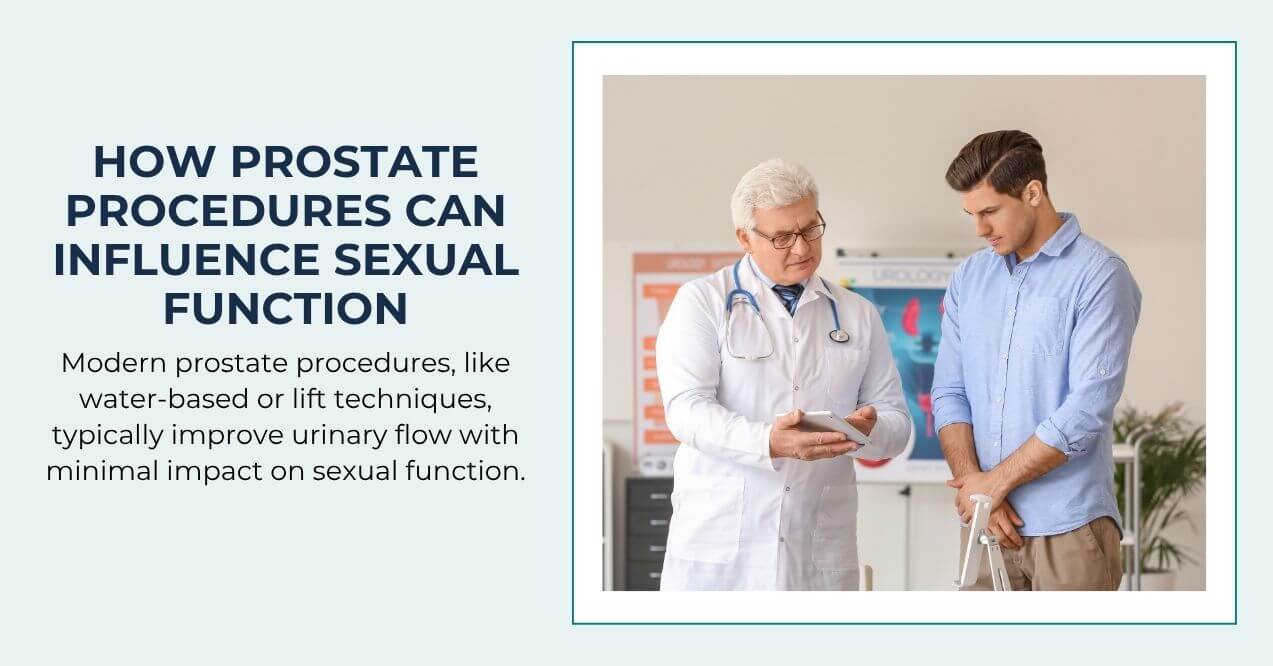
Some procedures designed to improve urinary flow may influence sexual function in different ways. The impact varies significantly based on the specific approach used. Modern techniques focus on minimizing effects on sexual health while addressing urinary symptoms. For men wondering can an enlarged prostate cause ED, it’s important to understand that while prostate enlargement itself typically affects urinary comfort, certain treatments may have varying impacts on sexual performance.
Common Procedures to Support Urinary Comfort
Water-based treatments use steam or heated water to reduce prostate tissue with minimal impact on surrounding areas. These newer options typically carry lower risks for sexual function compared to traditional approaches. Mechanical lift procedures physically reposition prostate tissue to improve urine flow without removing tissue.
Tissue removal techniques may affect ejaculation patterns but usually don’t impact the ability to achieve erections. Each approach has different considerations, and minimally invasive options continue to evolve. Many men successfully maintain their sexual function after these procedures.
Lifestyle Habits to Support Prostate Health
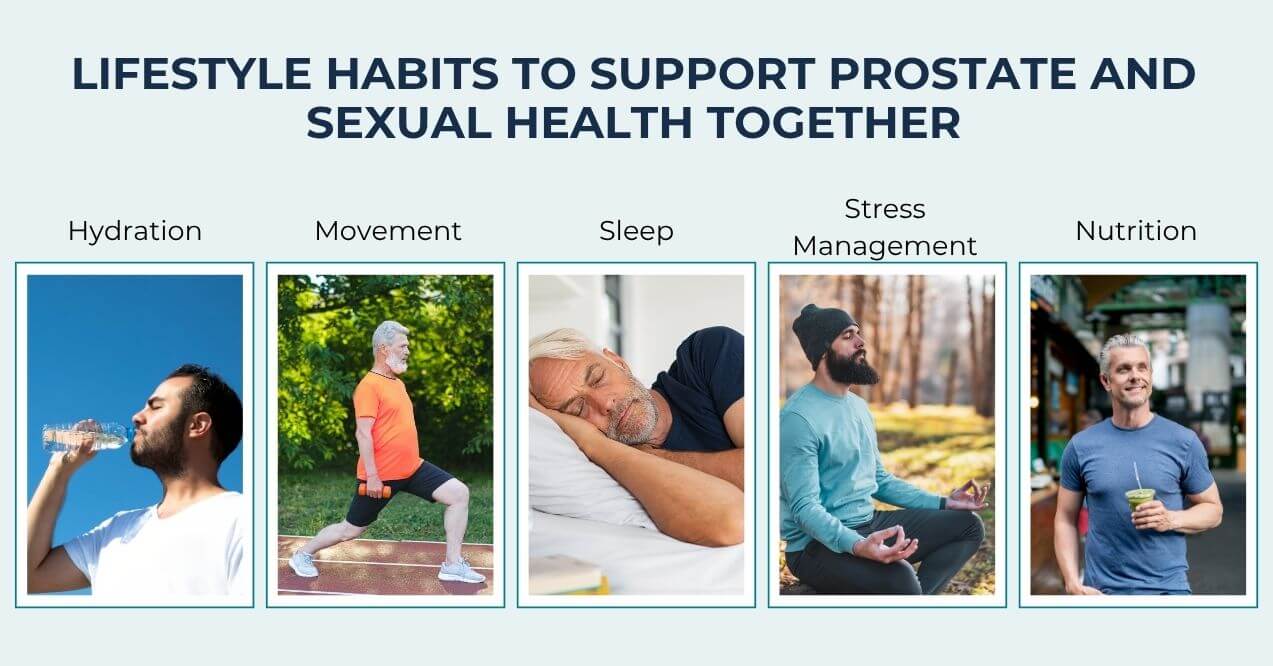
Simple daily habits can make a substantial difference in both prostate comfort and sexual wellness:
- Hydration – Drink water throughout the day but reduce intake in the evening to support bladder comfort.
- Movement – Regular exercise helps boost circulation, which benefits both prostate and sexual health.
- Sleep – A consistent sleep routine supports healthy hormone production and overall well-being.
- Stress Management – Practices like deep breathing or meditation may ease tension and support healthy function.
- Nutrition – A diet rich in fiber, colorful fruits, and vegetables provides nutrients that support prostate comfort.
Many men exploring male hormone cycle patterns find that better sleep naturally improves their symptoms.
How Supplements Can Support Prostate Health and Comfort
Natural supplements offer additional support for prostate wellness when combined with healthy lifestyle habits. Specific ingredients have shown potential for maintaining normal urinary flow and comfort over time. These aren’t quick fixes but rather tools that work gradually to support daily comfort.
Specific ingredients such as saw palmetto, pumpkin seed oil, pygeum, and beta-sitosterol have shown potential for maintaining normal urinary flow and comfort over time. These aren’t quick fixes but rather tools that work gradually to support daily comfort.
When choosing supplements for prostate health, look for formulations that combine multiple supportive ingredients for comprehensive benefits.
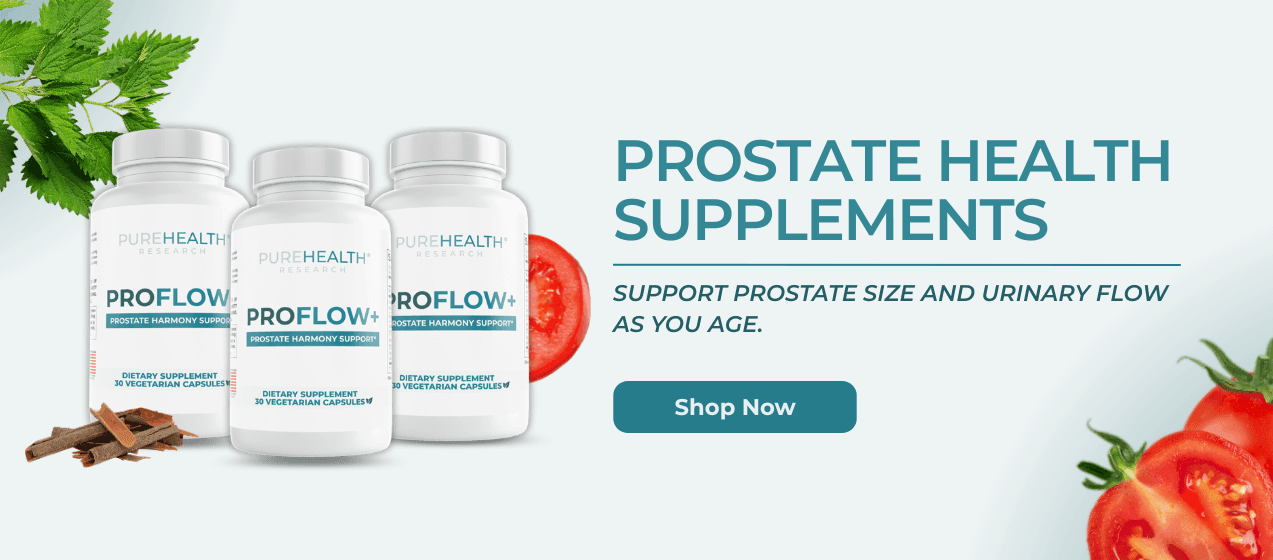
These natural options work best as part of an overall wellness strategy. Consistency matters more than dosage when it comes to experiencing benefits from natural supplements. Most men notice improvements in urinary comfort within 4-6 weeks of regular use, though individual results vary.
Final Thoughts
The connection between an enlarged prostate and ED is indirect but manageable. For men asking, can an enlarged prostate cause ED, it’s important to understand that while an enlarged prostate doesn’t directly cause erectile difficulties, the associated symptoms — such as disrupted sleep and increased stress — can influence sexual health over time.Both concerns respond well to natural support strategies.
Taking a proactive approach with lifestyle changes, targeted supplements, and stress management can support both prostate comfort and sexual wellness. Many men find that addressing one area naturally improves the other. Solutions exist for maintaining confidence and quality of life at any age.
Sleep disruption from nighttime urination and stress about urinary symptoms can affect sexual performance and desire.
Yes, both conditions share age-related factors including reduced circulation, hormonal changes, and lifestyle influences.
Managing prostate symptoms often improves sleep quality and reduces stress, which may indirectly support better sexual function.
Regular exercise, stress management, quality sleep, a nutrient-rich diet, and targeted natural supplements all support both areas.
Sign up for our Healthy Living newsletter!
Advertisement. This site offers health, wellness, fitness and nutritional information and is designed for educational purposes only. You should not rely on this information as a substitute for, nor does it replace, professional medical advice, diagnosis, or treatment. If you have any concerns or questions about your health, you should always consult with a physician or other health-care professional. Do not disregard, avoid or delay obtaining medical or health related advice from your health-care professional because of something you may have read on this site. The use of any information provided on this site is solely at your own risk.




